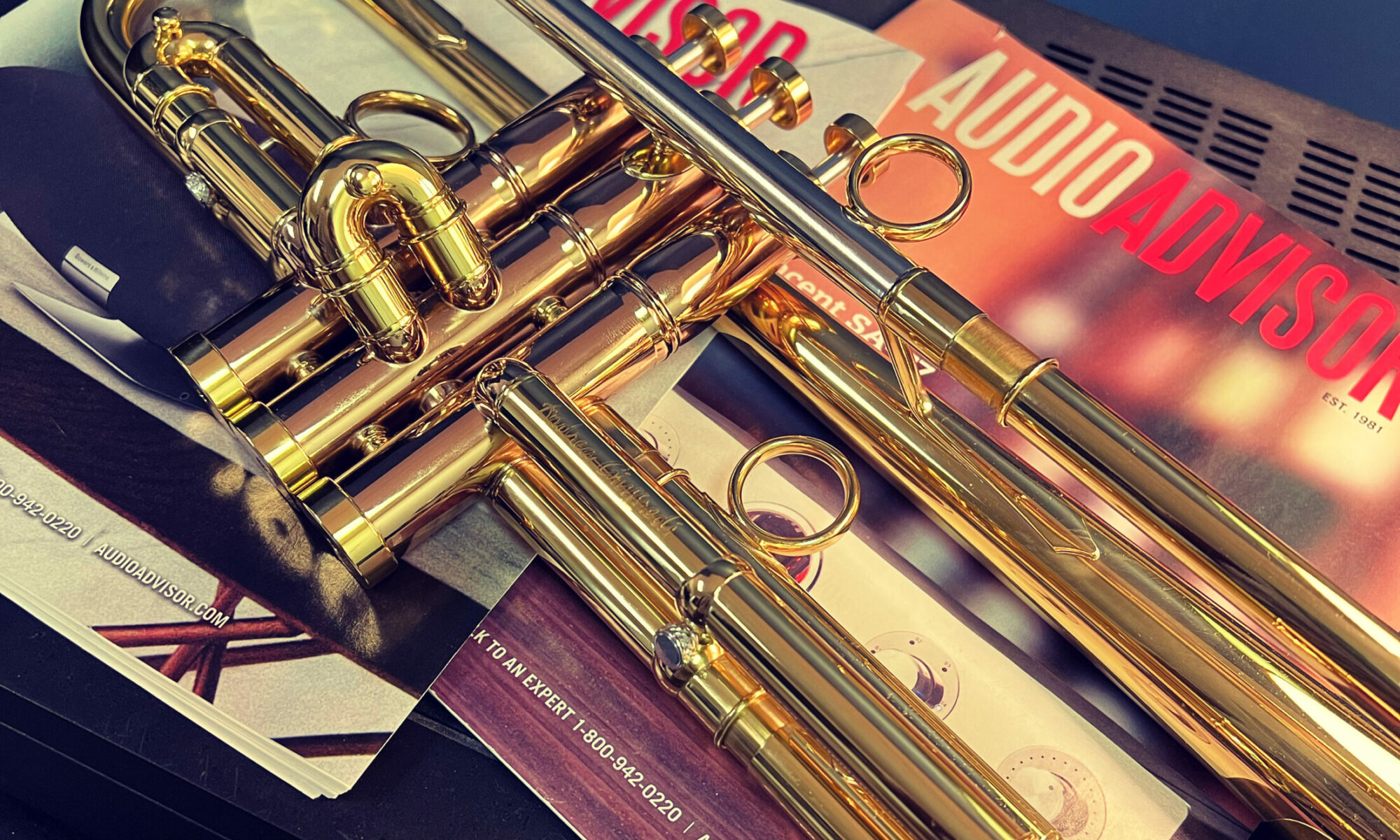Many of my students have asked me this question: “What should I practice?”
While my response does vary a bit given each particular student’s needs, I do have a basic methodology of practice material. I try to teach my students that mastery of the instrument comes before focusing on a particular type of playing. I find the “classical” approach to practice is the quickest route to gaining an overall facility of the trumpet.
To answer the above question, I’ll give a generic example of the practice routine I use for my students. I also follow the same basic form for my own practice.
- Fundamentals (50 to 70% of your total practice time and in no particular order)
- Mouthpiece buzzing
- Long Tones
- Articulation
- Scales (major, minor, diminished, blues, whole-tone)
- Lip Slurs
- Finger/air/embouchure coordination
- Tuning/Arpeggios
- Dynamics
Recommended methods: Arban, Clarke, Irons, Schlossberg, Goldman, Rubank, Boyde Hood mouthpiece routine, Cichowicz long tones, Tune Up, Colin
- Flow studies and lyrical etudes (20 to 40% of your total practice time) Recommended methods: Concone, Bordogni, Rochut, Collins, Cichowicz, Arban, Charlier.
- Other etudes, solos, orchestral excerpts and studies, jazz studies, “fun stuff” (10 to 20% of your total practice time)
Recommended methods: Charlier, Bitsch, Veryne Reynolds, Brandt, Smith, Bousquet, Aebersold, Thomas, Arban, Clarke, Norris, Hickman, Sachse. “Fun stuff” is a catch-all category that can be any material or piece that a student wishes to play. I encourage students to play “fun” music at least a couple times a week. (The occaisional junk food instead of the constant meat and potatoes!) This can remind a student why we are doing all of the tedious and sometimes monotonous material.
- Duets
Recommended duet books: Arban, Amsden, Bower, Gekker, Rubank, etc. I highly encourage playing duets whenever possible. Duets address the skills of intonation, style, balance/blend, and sight-reading. - Rest
I advocate resting as much as you practice. Rest can be physical, mental, or both. Muscle fatigue is an obvious sign for taking a break. Practicing on tired chops is generally useless, as bad habits can be easily formed. A lack of concentration is often overlooked as being important. It is equally pointless to practice without mental focus; 15 minutes of focused practice is better than an hour of inattentive practice.
I’ll close with an excellent quote that sums it all up:
“Intellect in the practice room or studio gives you the tools to use your heart on stage.”
-Manny Laureano

I also now recommend Chris Gekker’s “Articulation Studies”. Excellent book.
I also now recommend Vincent Cichowicz’s “Long Tone Studies” published by Studio 259 Productions and distributed by Balquhidder Music http://www.balquhiddermusic.com.